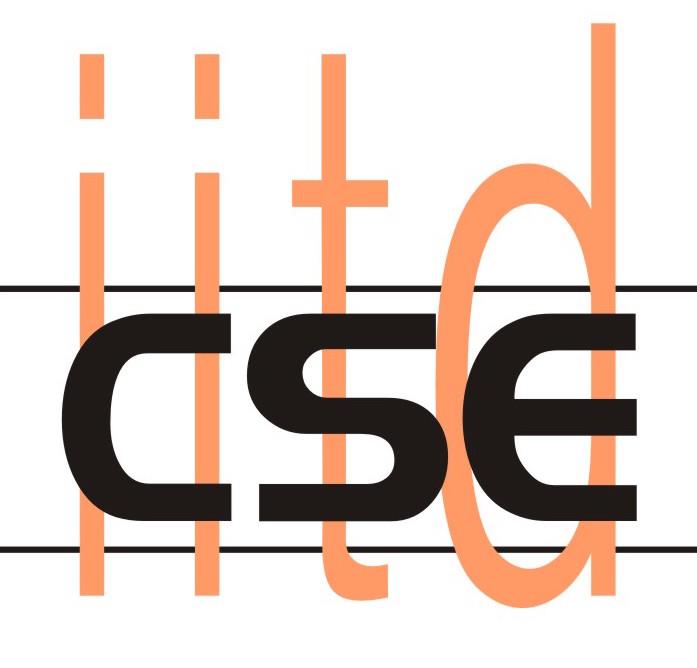Certifying Large Language Models with LLMCert
Bharti 501 IIT Campus, Hauz Khas, New DelhiSpeaker: Isha Chaudhary Abstract: Large Language Models (LLMs) are increasingly deployed in critical systems, e.g., healthcare and finance and can produce incorrect and biased responses. These can cause huge social and economic losses to the deploying agencies and their clients. Conventional studies are, however, insufficient to thoroughly evaluate LLMs, as they cannot scale to a… Read More »Certifying Large Language Models with LLMCert
